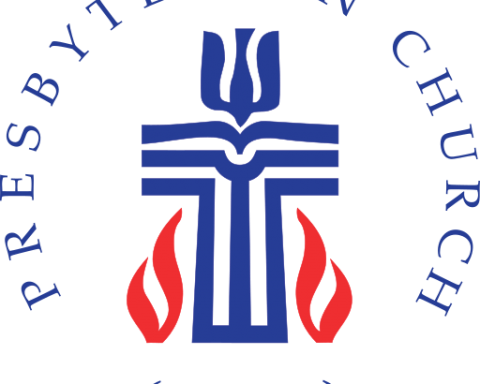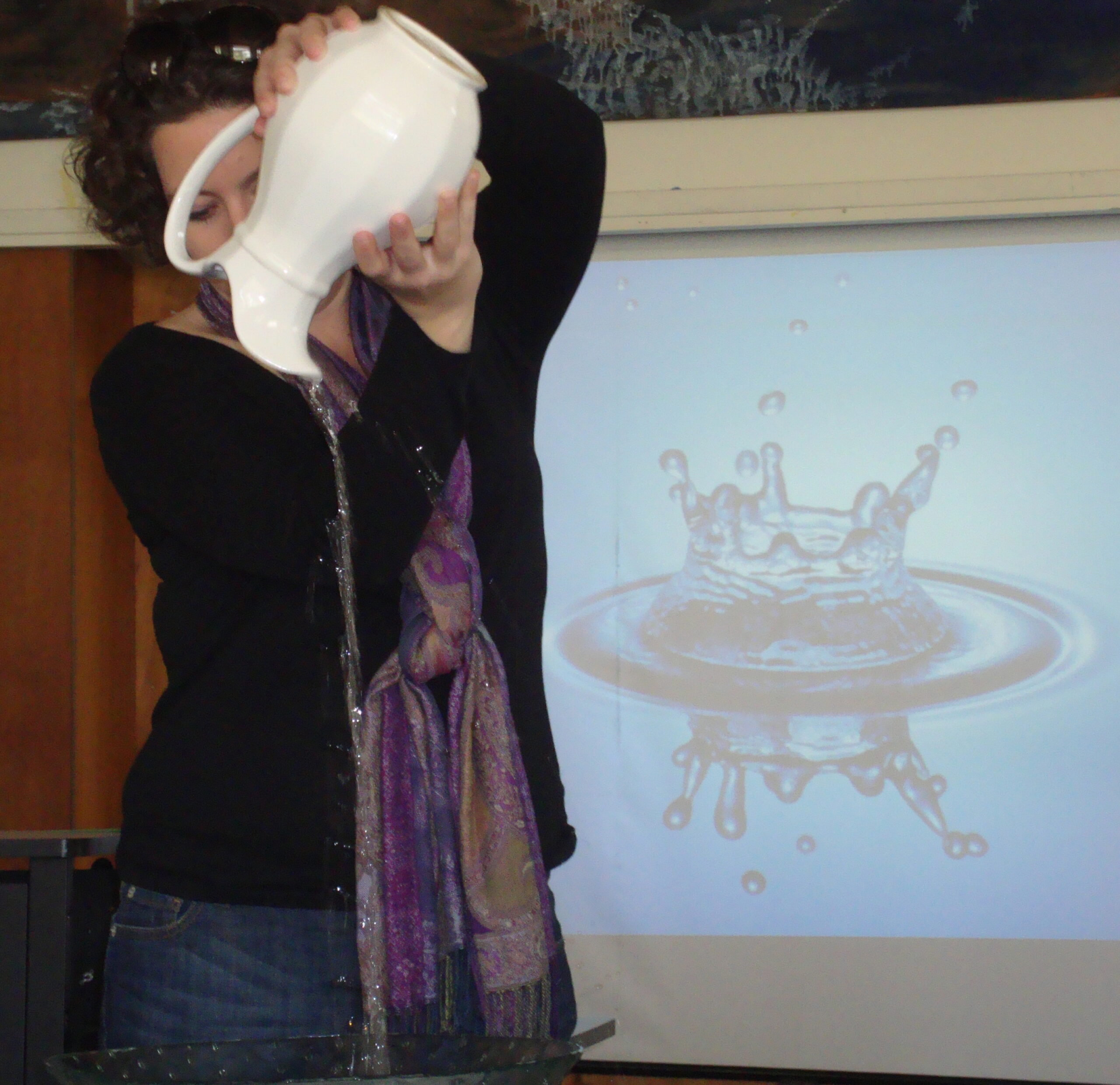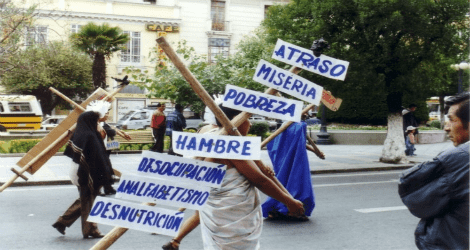IMPLICATIONS FOR FAITH AND PUBLIC RESPONSIBILITY
For the country, the growth in tolerance identified by American Grace is good news, since most places where religious views are both divided and intense are dangerous places (think Iraq, Kashmir, Israel/Palestine, Sri Lanka…). In the U.S., despite political polarization, the authors see a diversity multiplier that means that be-friending or tolerating one person of a different religion or none has a “spill-over” effect to other groups (p. 532). This trend is not simple secularization, as some of the people with “co-exist” stickers on their cars still care about Spirit and God, but it seems likely to reinforce secular minimizing of religious difference and importance.
Putnam and Campbell also have a section that maintains American religious people are in fact better neighbors, donors, volunteers, have more friends, and are more civic minded. Yet that is for the existing religious population. For mainline churches like the Presbyterian Church (U.S.A.), the bad news is not simply a dramatic rise in “none,” or disaffiliation among those under 30, but the strong possibility that we are making a big mistake in how we respond to declining numbers and congregations wanting to leave the denomination.
Among those under 35, acceptance of gay marriage is growing steadily, including among Christian youth, while ambivalence about abortion—without accepting a hardline “pro-life” position—is also present. (They use the movie, Juno, about an apparently secular young woman deciding against abortion, as an illustration). As generations change, this may mean that both “hot button” issues cool in their intensity and function less as markers of political and religious worldview. This assumes that religious practice is going to continue to decline steadily among children of mainline Protestantism and “Anglo” (non-Hispanic) Catholicism, and that this rise of the “nones” will continue the “God gap,” anchoring religious practices (such as saying grace, as well as public worship) among cultural and political conservatives.
What place is there for Presbyterian Churches, then, in the religious and political marketplace? First, it seems highly ironic that conservative congregations are considering leaving over the one issue almost certain to gain in public acceptance. Thus, even though congregations function as “echo chambers,” reinforcing homogeneous views, most members will not take their leaders’ anti-homosexual positions literally. The intensity with which sexuality issues are held—including abortion—also decreases with youth, so that those voting to secede from the PC(USA) in some form are likely to put off a fair percentage of their own children as well as the children of the more moderate to liberal.
STEPS TO AVERT DIVISION
A question for denominational leaders is whether those pastors and congregations seeking to leave or “defect in place” through semi-autonomous or non-geographic formations can be encouraged to participate in genuine theological conversations—before further actions are taken? Clearly those seeking their own “echo-chamber presbyteries” have already stopped most financial engagement with the denomination, which they may find to be an echo-chamber as well. Yet if the one major splitting point is gay ordination or marriage—seen to challenge traditional marriage—perhaps the recent data from Putnam and Campbell could prompt conversations on common values and concerns that deliberately seek to challenge polarization. Is this naïve to suggest, because there have been conversations in the past? In my view, no, because recent conversations among conservative Presbyterians show that many conservative ministers accept the Book of Confessions, as they pledged in their ordination vows.
Not all self-righteousness is on the Right, of course, and a challenge for all of us is to live a faith narrative that is at least somewhat independent of the political narrative. The urge to set up organizations of the like-minded is deeply engrained and weakens the center at every point, even when the weakness of the center or denominational structure is seen as requiring more determined or creative special groups. Leadership in such an environment needs to help us weigh together the costs of de-polarization and the nature of mutual obligation in the whole church—the original Tea Party phrase, “united we stand,” comes to mind.
A second observation is that it may be better for campus ministries and other ministries for young people to AVOID stereotyped intolerant positions. But what is the character of the Presbyterian Church to be presented? Putnam and Campbell still use the term “social gospel,” but later they show that the mainline has not pushed back very successfully against poverty and inequality (and war, for that matter). The word, “justice,” often signifies a summary of the narrative of freedom and empowerment for minorities and women, and is sometimes linked more to identity politics than to massive poverty and inequality (though inequality does concentrate in certain minority sectors). I suggest we lift up a Green Cross to emphasize the affirmations we have in fact made on the most significant threats to our planet’s future. But the fact is, the PC(USA) and other mainline families have stood for a more tolerant and just society and have an internal character that lifts up fairness above all else.
In the short term, then, young people are daily reacting negatively to hypocrisy and intolerance in churches, particularly on the matters related to homosexuality. This is not a full-fledged concern for justice, however defined, but it is not a shallow trend. The challenge is for the church to show integrity on matters of faith and ethics without letting our approach be locked into ideological position. The actual differences between younger evangelicals and mainline Protestants on many matters of justice may be decreasing, and loyalty to institutions of all kinds may be eroding. This may open the way to new forms of ecumenism that look realistically at the place of all the historic denominational and ethnic identities and seek to do some dramatic new things. As to what those are… that’s another editorial.
The Rev. Dr. Christian Iosso is the Coordinator of the Advisory Committee on Social Witness Policy of the Presbyterian Church (U.S.A.) and the Senior Editor of Unbound. His Master of Divinity comes from Princeton Theological Seminary and his Ph.D., from Union Theological Seminary in New York City.






Unbound Social